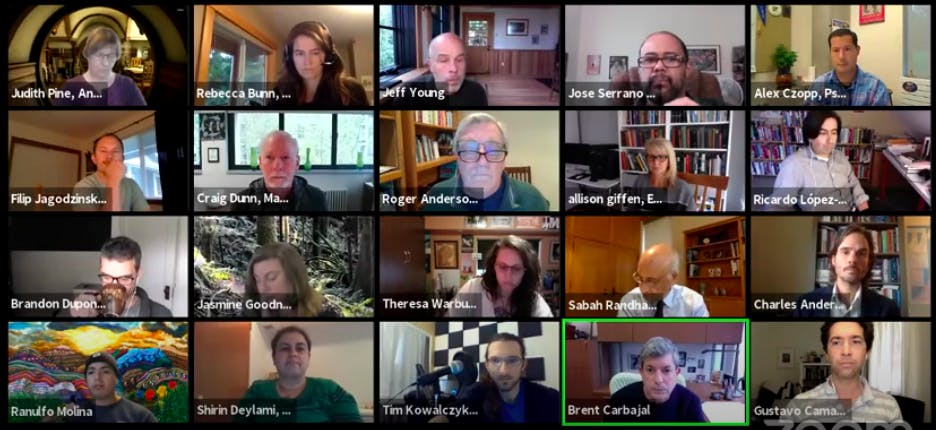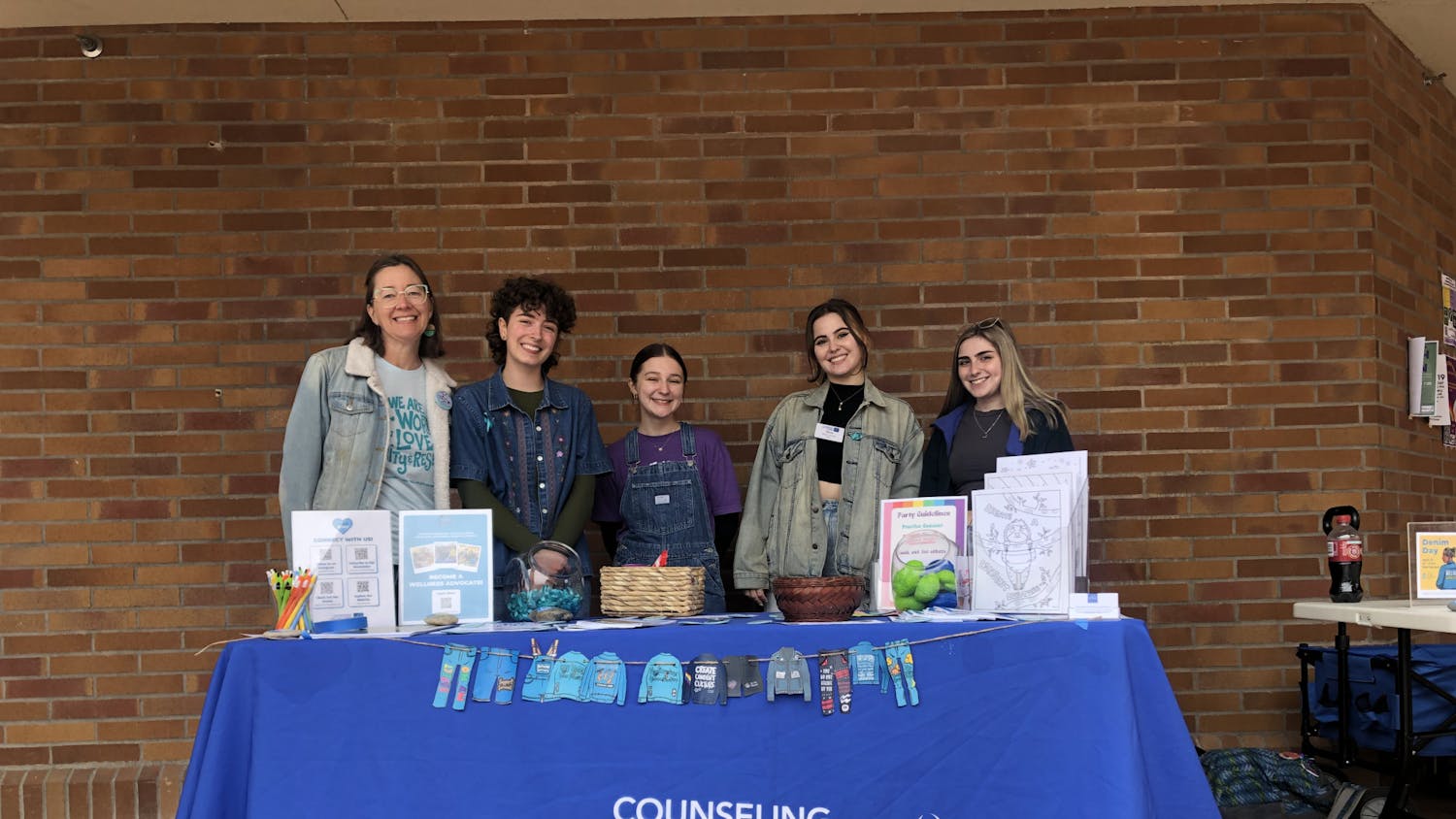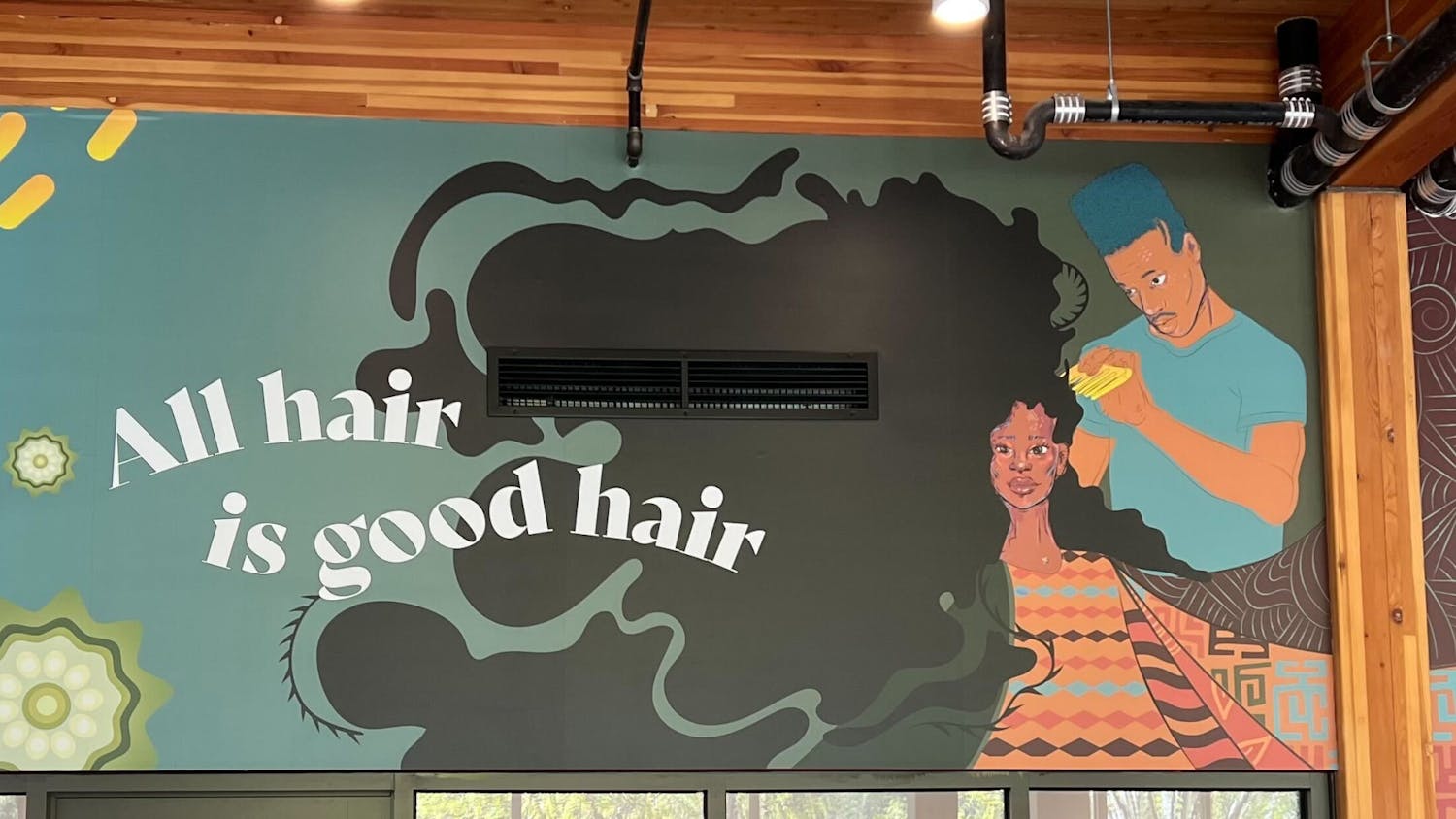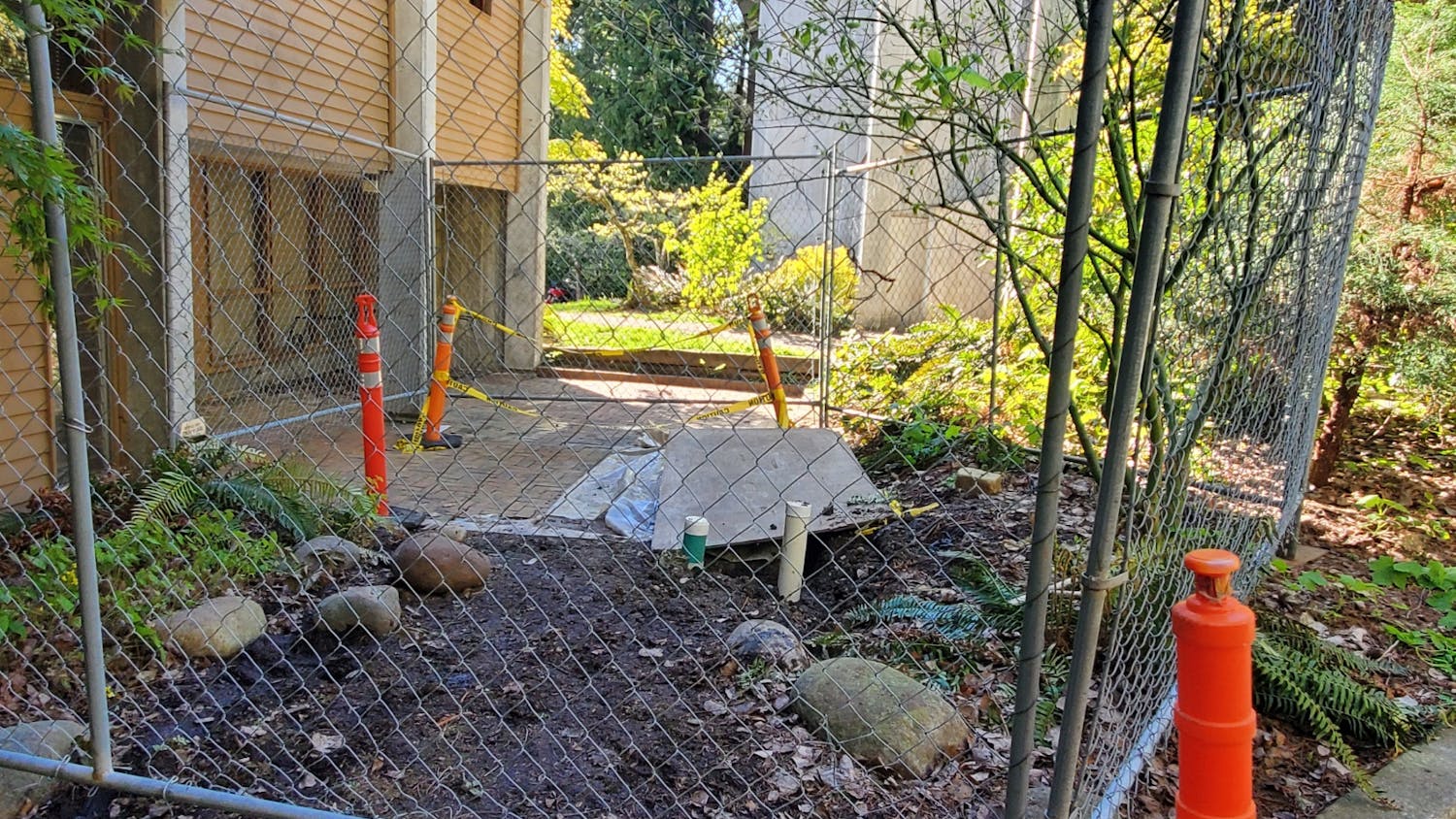Western Faculty Senate planned its first steps on Black Student Organization demands.

By Ryan Morris
Western Faculty Senate members knew they could take action as they logged onto Zoom and discussed the new anti-racism faculty training for winter 2021.
On Oct. 19, the senate looked through the Black Student Organization demands for actions the faculty can take, Faculty Senate President Jeff Young said. The BSO distributed a list of demands for faculty, administration and student government on June 19, signed by 35 Black students.
The eighth demand was for anti-racism training for faculty and staff. Anti-racism and anti-Black racism training as well as support and wellness initiatives for BIPOC faculty received about $125,000 according to the Western FY 21 budget.
Faculty Senate Vice President Shirin Deylami said she hopes Western will fund anti-racism work every year, although the FY 21 budget only approved funds for one. Deylami said this is the first effort to create a training for Western faculty.
The Social Justice and Equity Committee, under the Faculty Senate, will oversee the training. Deylami serves as the Faculty Senate representative for the subcommittee.
Deylami said the training will be a cohort model, which allows for small groups of faculty to participate and then bring their knowledge to the next group of about 30 faculty. This allows faculty to mentor each other throughout the training.
The training is voluntary, contrary to what the BSO demanded. Western Faculty Senate does not have the power to make this training mandatory, Young said. However, the senate can incentivize the training through policy, Young said.
Associate Professor Trula Nicholas, the chair of this subcommittee, said in an email interview that the first group of faculty will spend two quarters learning about anti-racist teachings and participating in community discussions.
The training will begin with one cohort at the start of winter 2021, Nicholas wrote. Although the committee does not yet have the funding for FY 22, it plans to have two cohorts for the 2021-2022 academic year, Nicholas added.
Deylami said the committee hopes to rely on faculty expertise with some local collaboration. The committee is planning to work with Xyanthe Neider, who directs similar training at Whatcom Community College, Nicholas said in an email.
Whatcom Peace and Justice Center board member Ashanti Monts-Treviska recommended the university find a trainer who has spent time addressing their own, personal racism and other biases.
“Most trainers don’t bother to dissect their own biases. When it comes to bias, they don’t take the time to assess their own racism,” said Monts-Treviska.
One goal is for professors to use the training to examine their courses and use anti-racist training to build a more inclusive curriculum, Goodnow said.
“I can’t see a better step forward for faculty than training,” said associate professor Jasmine Goodnow, “I believe the training needs to be at all levels — it can’t just be in the classroom or just in the residence halls.
“Although I have a Ph.D., never once in my education was I taught about systematic racism or white privilege, nor did I receive education on how that would affect how I teach.”
Not only can this benefit faculty, it will benefit students, Deylami, the Faculty Senate vice president, said. Training professors in anti-racism curriculums will open students up to many perspectives, she said.
“[It is essential] to build this kind of community and support system,” Deylami said.
Monts-Treviska, of the Whatcom Peace and Justice Center, is also the co-owner of Cascadia Deaf Nation, where they use an anti-oppression model that focuses on all types of oppression. They are concerned about universities isolating racism from other oppressions. Monts-Treviska said all forms of oppression, such as audism and sexism, are interconnected.
“If you just focus on racism and try to remove racism, you still have other forms of oppression. The goal is to remove all [oppression],” Monts-Treviska said.
They referenced “ubuntu” — an African philosophy that means a group of people that are developing together and not leaving anyone behind.
“If the university can understand ubuntu then they would realize the importance of talking about different systemic oppressions, not just racism,” Monts-Treviska said. “Just focusing on racism can actually cause harm to specific communities.”
Monts-Treviska said universities cannot address oppression without first considering who they include in university spaces. The faculty needs to be mindful of what they are teaching and question what they’ve been taught, Monts-Treviska said.
“There are people that are uncomfortable with anti-oppression work because there’s a lot of details, analyzing and challenging their own belief systems — challenging what they’ve known thus far,” Monts-Treviska said.
Deylami said the committee organizing the training will meet weekly to ensure it is ready for its first cohort in winter 2021.
“It’s important for students to feel seen and have their experiences recognized,” Deylami said.





